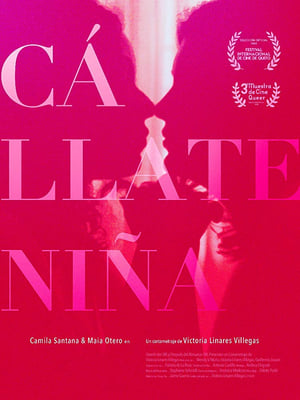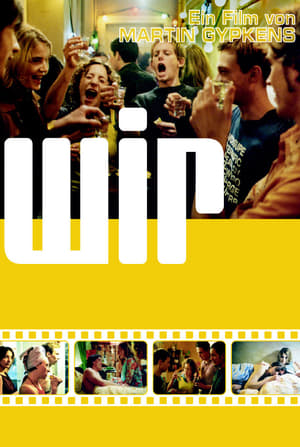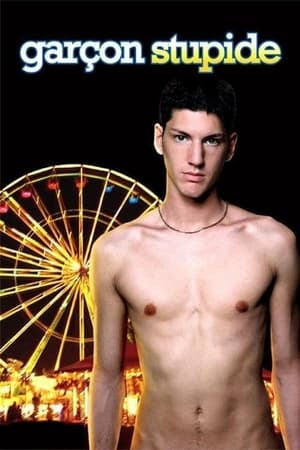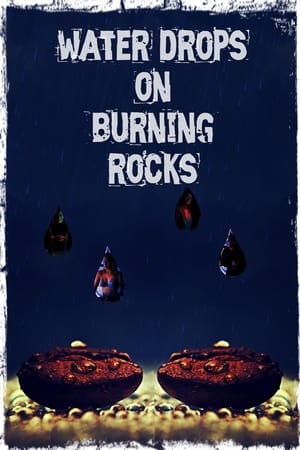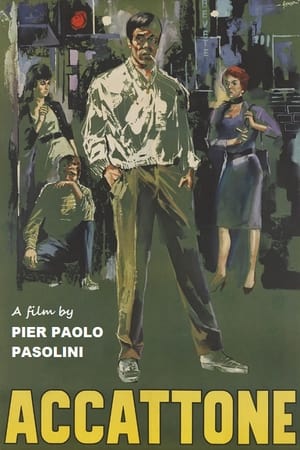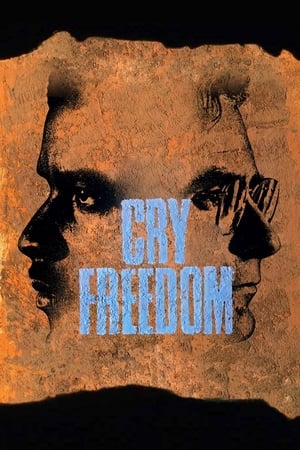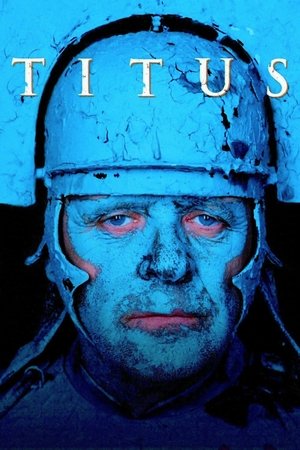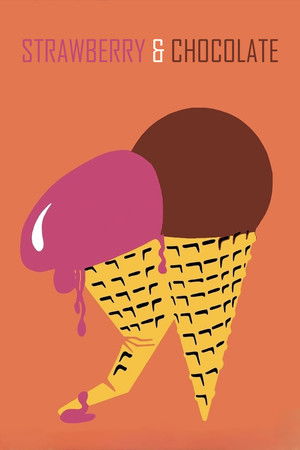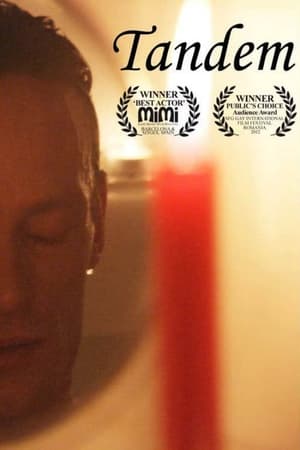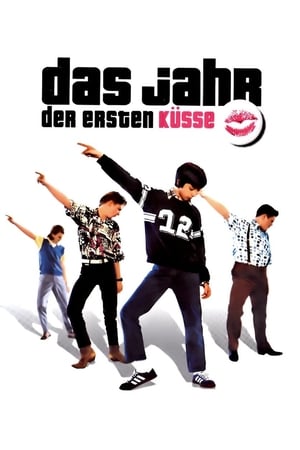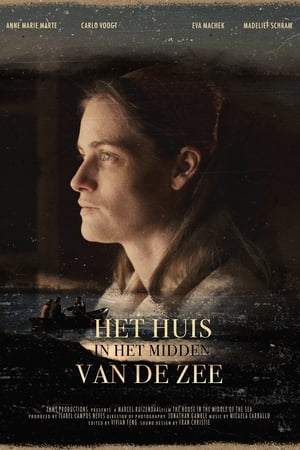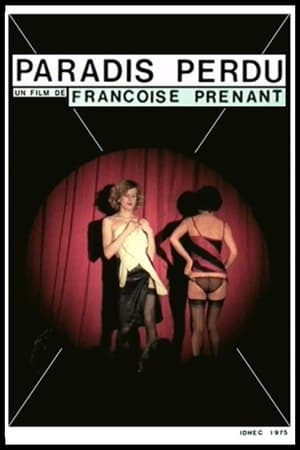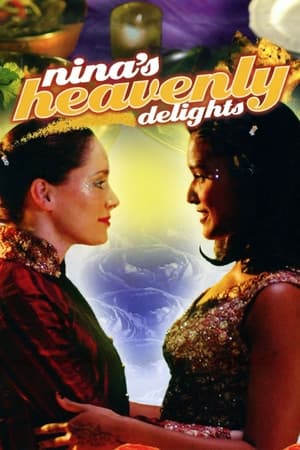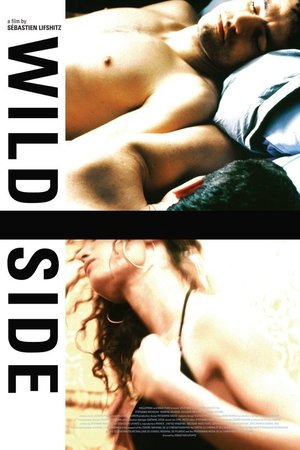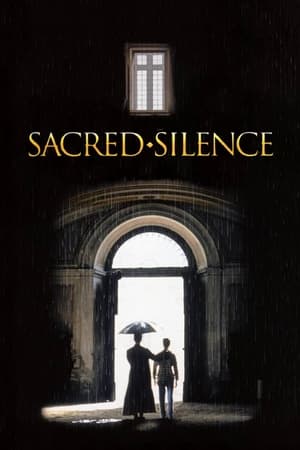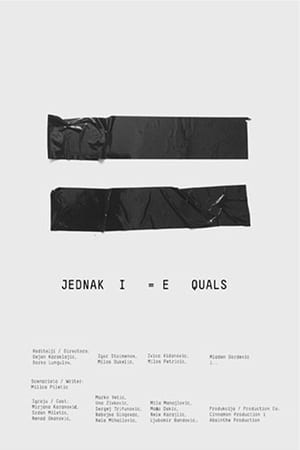Overview
Clara and Felice struggle to raise their three children in 1970s Rome. The eldest, Andrea, is transgender and yearns for another life where he gets to live as the boy he knows himself to be. Clara instinctively strives to protect her son by escaping into their imaginations to defuse family tensions.
Reviews
I think as she ages, Penélope Cruz is beginning to look more like Sophia Loren and certainly here, I thought the resemblance was quite strong at times. Likewise, the young "Adri" (Luana Giuliani) looks a bit like Cruz too - who plays her mother "Clara". The story is set in a Roman 1970s of floral patterns and bell-bottomed trousers, post-war development and centres around the young daughter who really wants to be a boy. This isn't an in-your-face drama about sexuality, it's more nuanced than that and whilst the underlying frustrations of "Adri/Andrew" serves as a spine for the film, there is also a relationship between husband and wife, a broader familial one and the hint of a slightly undercooked romance between "Adri" and her new, less privileged, friend "Sara" (Penélope Nieto Conti). It's that last relationship that rather sums us the pretty bitty narrative here. We see snippets of their lives, but they are not necessarily that well connected to the theme. It's episodic without enough explanation. The marriage is failing, yes. Why? Well that we don't really know. The father/husband "Felice" (Vincenzo Amato) role is left hanging all to often, we have no idea what makes him tick nor, really, do we get to grips with what is troubling the loving and caring "Clara". Their son "Gino" (Patrizio Francioni) has a rather curious habit of leaving little deposits on the carpet and, indeed, it's really only the young "Diana" (María Chiara Goretti) who brings any sanity to this family arrangement. There is humour here, permitting us to take a breather from the frequently over-intense writing and there are a few musical numbers that showcase both Cruz and Giuliani as talented and skilful at their craft. It's worth a watch, and it looks stylish and classy, but I'm afraid I found it all just a bit too messy and superficial.

 98 min
98 min
 6.307
6.307
 2022
2022
 Italy
Italy
 CinemaSerf wrote:
CinemaSerf wrote: